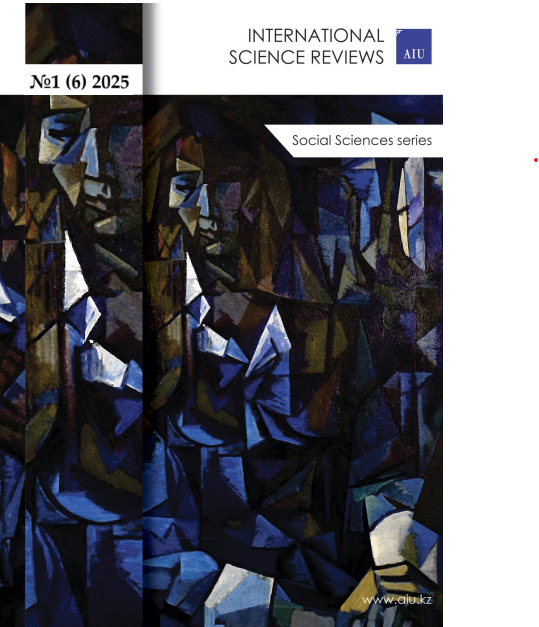Лидерство и управление в образовании: автоэтнографический взгляд на становление директора школы
Аннотация
В статье исследуется начальный этап работы нового директора школы, который является
ключевым для освоения ролей и ответственности. В первый год руководители сталкиваются с множеством
вызовов, и их решения могут повлиять на дальнейшую карьеру. Важно учитывать, как новые директора
воспринимают свою роль в условиях реформирования образования в Казахстане.
Исследование основано на автоэтнографическом методе и анализе записей в ежедневнике, личных
воспоминаний, презентаций и электронных писем. Хотя этот метод не широко распространен в Казахстане, он
активно используется в международных исследованиях.
Основные мотивы выбора профессии директора – стремление вдохновлять учеников, работать с людьми и
формировать образовательную среду. Среди ключевых вызовов – сопротивление изменениям, обновление
школьной культуры, управление конфликтами и стрессовыми ситуациями. Исследователь использовал
различные стратегии для преодоления этих трудностей.
По итогам работы разработаны рекомендации для лиц, принимающих управленческие решения в сфере
образования и новых директоров школ.


